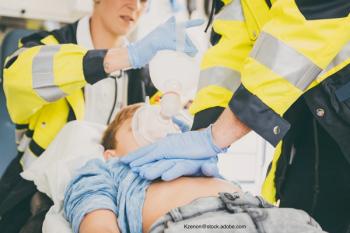
A medical error is not an unusual event, although most are minor. The emergency department is one place where medical errors are more likely because of the chaotic nature. Here's a look at common mistakes and some cases where mistakes were made.

A medical error is not an unusual event, although most are minor. The emergency department is one place where medical errors are more likely because of the chaotic nature. Here's a look at common mistakes and some cases where mistakes were made.
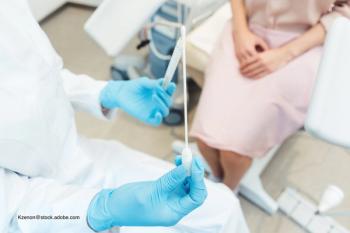
Are targeted screenings for sexually transmitted infections (STIs) or universally offered screenings more cost effective than not screening? An investigation offers some answers.
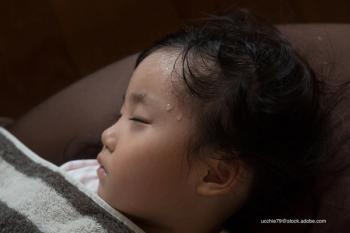
Identifying febrile children who have a life-threatening infection in an emergency department isn’t easy. An investigation looks at whether a new assessment can improve that identification.
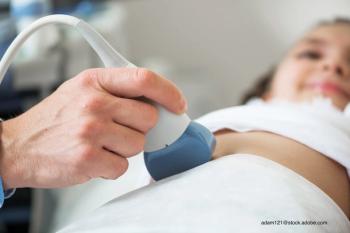
Best practices for imaging in emergency departments has changed over the years. A new report offers a look at the trends in the past decade.
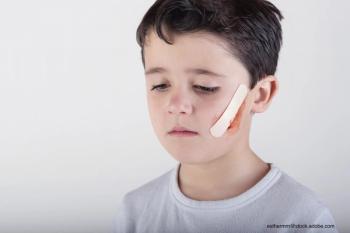
Not every child has a safe home. An investigation examines whether children with alleged maltreatment and who are at high risk of foster care placement have an increased risk of hospitalization for injuries.
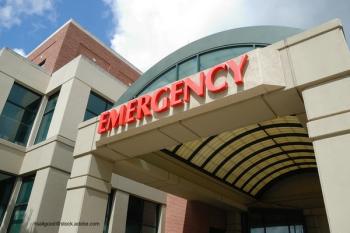
Early warning scores have been shown to be helpful at determining children at risk of clinical deterioration. A report looks at whether an emergency department version of these scores could be effective.

Dizziness and sleep problems occur after concussions in young kids
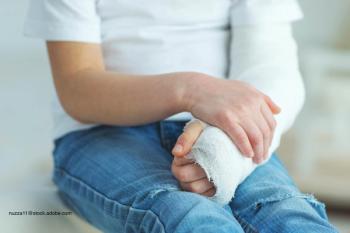
Fractures are a fact of life for many children, but the COVID-19 pandemic has altered the activities of many children. A new report investigates the impact of the pandemic on the incidence of fractures.

Algorithms and evidence-based guidelines have become increasingly used for treating gastroenteritis, but can they lead to better outcomes?
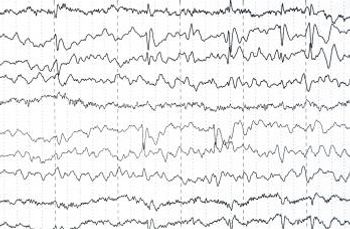
Many hospitals see pediatric patients who present with seizures in the emergency department, but a majority of cases that require admission are transferred to other facilities.

Children with mental health disorders are visiting emergency departments (EDs) at increasing rates. A new study looks at whether the EDs can provide optimal care.

A program at a hospital in New York City looked at how adding a pediatric observation unit to the existing pediatric emergency department helped improve patient outcomes and patient satisfaction.

A physician incentive program (PIP) that provides primary care providers (PCPs) with bonuses tied to specific goals to decrease pediatric emergency department (ED) use significantly decreases such visits, according to a retrospective analysis involving 1376 PCPs who participated in the PIP.
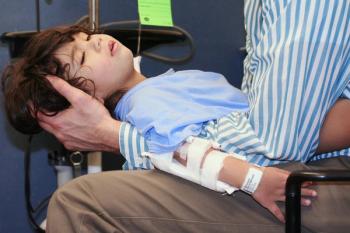
Pediatric patient revisit rates at emergency departments (EDs) have been historically underestimated, according to a new report, which includes revisits to other facilities.
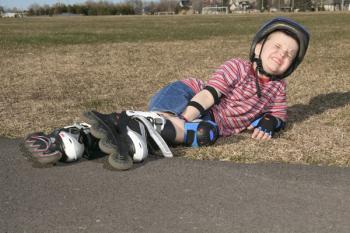
Accidents happen, but many parents might take the opportunity to panic. Pediatricians can help them prepare.

For Contemporary Pediatrics, Dr Bobby Lazzara discusses a recent statement published in Pediatrics that discussed key ways to prevent and control infection in ambulatory settings.

The American Academy of Pediatrics form for an allergy and anaphylaxis emergency plan.

Car accidents are the top cause of death in children under age 15, and restraints were either not used or improperly used in nearly half of those fatal crashes, according to a new report.

Studies highlight a need for pediatrician offices to be ready to handle emergencies, available data also demonstrate that many practices, including those that have already needed to treat a critically ill child, are not adequately prepared because they lack the relevant protocols, training, and tools.

For Contemporary Pediatrics, Dr Bobby Lazzara discusses a study published in the journal Pediatric Emergency Care that examined whether practices were prepared for emergencies requiring airway management.

Avoiding misconceptions and practice gaps are keys to recognizing the most common abdominal emergencies in community pediatrics, said Joan E Shook, MD, MBA, FAAP.

Rashes and fevers are among the most common complaints seen in the pediatrician’s office. The differential diagnosis is often large and ranges from entities the pediatrician sees commonly such as erythema infectiosum to the less common diseases such as Kawasaki syndrome, to more potentially serious conditions such as vaccine preventable illnesses and everything in between.

In the mid-1990s, David Monroe, MD, a pediatrician in Columbia, Maryland, remembers having to admit children with common diagnoses such as appendicitis, asthma, and pneumonia to hospitals 30 or more miles away. That was because Howard County General Hospital, the community hospital in Columbia, was struggling to maintain pediatric inpatient care.

Dispensing asthma meds in the emergency department (ED) reduces future visits and costs.

Children with autism who require emergency medical care have special needs clinicians must address before beginning treatment. Resources and strategies are available to help you coordinate such care in your setting.